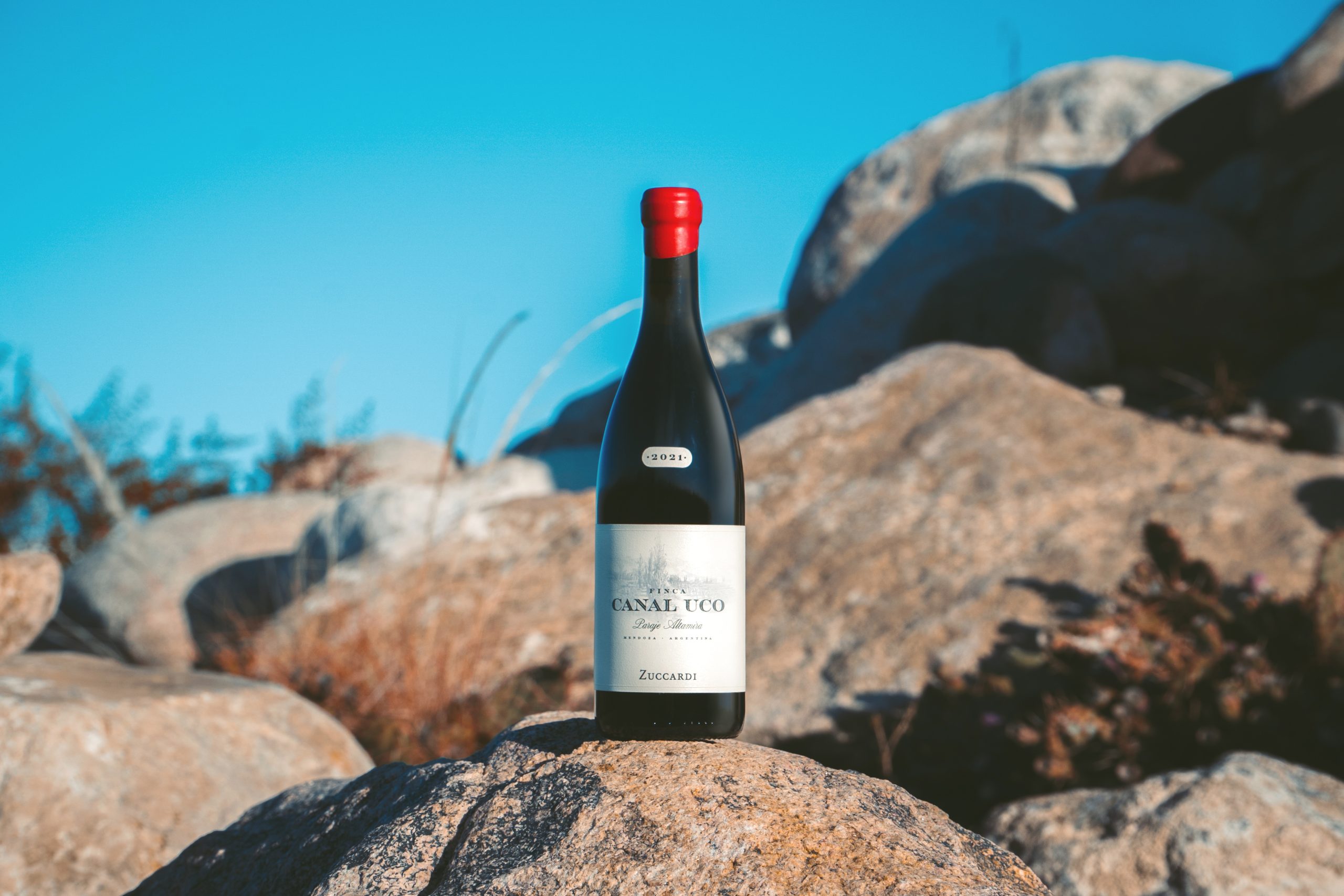Could this new US bill lead to further challenges for Havana Club?
A new US bill being issued on trademarks nationalised in Cuba could have implications for Pernod Ricard’s ownership of Havana Club rum.

The bipartisan bill which is called ‘No Stolen Trademarks Honored in America’ is, according to a dispatch statement from the EFE news agency, set to protect assets that were allegedly “illegally seized” by the Cuban government.
The bill was presented last Thursday by US legislators democrat Bob Menendez, chairman of the Senate Foreign Relations Committee along with republican Marco Rubio, a member of the Senate Foreign Relations Subcommittee for the Western Hemisphere. The bill was previously introduced in 2019 and has now been reintroduced by the US senators in the current session of the US congress.
Speaking exclusively to the drinks business, a spokesperson from Pernod Ricard said: “We hope and expect that the trial court will find that Bacardi’s claims to cancel our Havana Club trademark are without merit.”
According to local reports, one senator explained: “Any confiscation or seizure of assets by the Cuban regime is and will always be a criminal act that should not be rewarded by the US government.”
If the bill is passed, it would essentially prohibit the use of a trademark when the person using it knows, at the time of acquisition, that the name of the trademark is the same or similar to that of one confiscated by the Cuban government.
Examples of how the bill could impact some businesses outlined how, in 1976, the Cuban rum producer Cuba Ron, also known as Cubaexport, registered the Havana Club trademark in the US, which bears the name of a trademark in 1959 that had already been nationalised in Cuba.
After Pernod Ricard partnered with Cuba Ron in 1993 to distribute Havana Club rum, Bacardi claimed to have bought the trademark and recipe from the descendants of the founder and original owner of Havana Club Jose Arechabala SA. What ensued was an historical ongoing feud between Bacardi and Pernod Ricard which has seen the two companies battle out the trademark ownership for two decades.
Partner Content
However, if the bill is passed, under the new legislation, it could spell disaster for Pernod Ricard and even mean that it would no longer be able to exercise rights related to Havana Club.
Last year, the US Patent and Trademark Office (PTO) won a lawsuit filed by Bacardi after it reaffirmed that Havana Club is Cuban property.
Bacardi’s founders were exiled from Cuba after the Cuban revolution. But Bacardi says the Cuban government “unlawfully seized” the Havana Club trademark along with other assets from Cuban company Jose Arechabala in 1960.
Although Bacardi bought Jose Arechabala’s brand and began selling Havana Club rum in the US in 1995, Cuba Ron/Cubaexport and Pernod Ricard currently still sell Havana Club rum outside of the US.
Speaking about how the bill could adapt trademark ownership for Havana Club, Republican congressmen Darrell Issa said: “It is the righting of a historical wrong and acknowledgment of the inherent value of intellectual property and the ownership of one’s ideas and creations.”
Pernod Ricard added that “the bill has no implications for the ownership of the Havana Club trademark in the US which remains fully and validly registered by Cubaexport at the United States Patent and Trademark Office until it is due for renewal in 2026. Additionally, this ownership is disputed by Bacardi and should thus be decided by the US courts in accordance with due process, free from political interference. The owner of the old Havana Club trademark intentionally allowed the last of its trademark registrations to expire in 1973, and Cubaexport then registered a new Havana Club trademark as allowed by US law. We look forward to the day when we can introduce the taste of genuine Havana Club rum from Cuba to the American consumer, and we hope and expect that we will be able to use the same world-renowned Havana Club name that we now use in over 120 countries around the world.”
Bacardi has also been contacted by db regarding the bill and it implications, but has thus far been unavailable to comment.
Related news
How to make a hot buttered rum
The most interesting conversations db had in 2025
Treasury Wine Estates plans leaner future amid US and China slowdown




